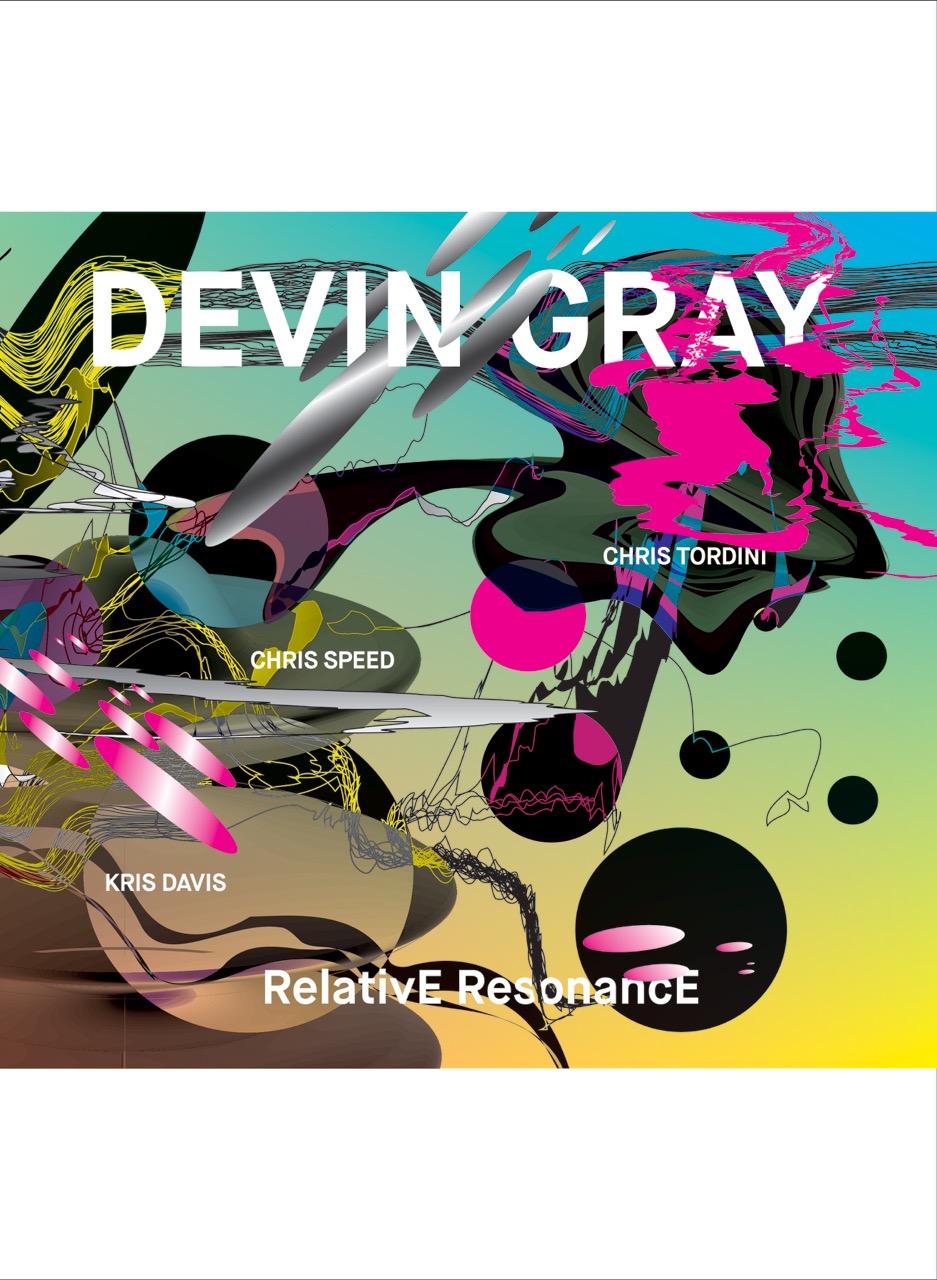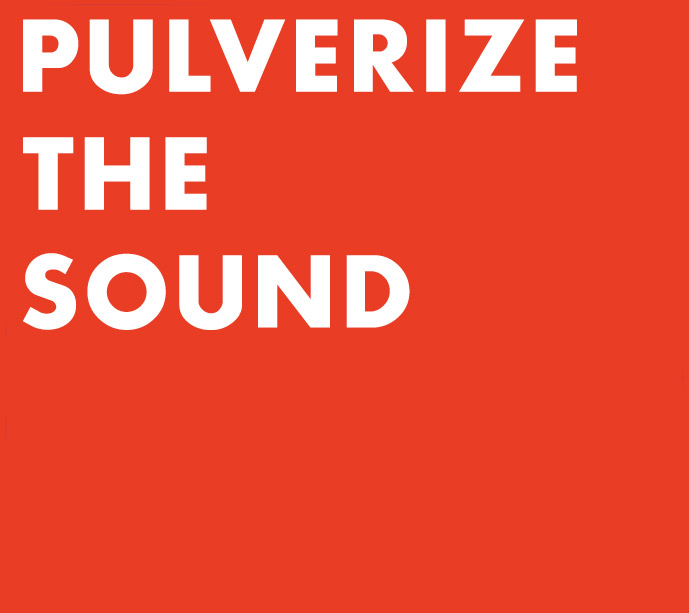Drummer Devin Gray, who has been actively working in the underground Brooklyn scene now for nearly a decade, is finally getting some deserved attention with two records released in the past year. The latest, his sophomore record as a leader, Relative Resonance (Skirl), features some astute compositions that make great use of the abilities of the members of his quartet. Reeds player Chris Speed and pianist Kris Davis, who both possess a wide emotional range, shift between bold, angular moments and gentler strokes. Bassist Chris Tordini is the engine to the group, while Gray himself plays an often subtle role, adding just the right touches in the spaces opened by Speed and Davis. The structures of the pieces are ever-present in these tunes, with a stiff yet mobile feel to them. The record highlights Gray’s abilities as a composer and features tributes to a longtime friend and creative ally from Maine, Hannah Shaw, and a compositional inspiration, Tadd Dameron. Gray’s band, at first a trio with Davis and Tordini, first formed in 2007, adding Speed in 2010. Now, finally in 2015, we have a record of their work together, but the patience that they put into the end-product is clear from the first notes.
Two recent releases by Mike Pride also deserve some serious attention. The first, titled 2 (Public Eyesore), with the band Period, and co-led with guitarist Charlie Looker, features electronics guru Chuck Bettis, alto saxophonist Darius Jones, and tenor saxophonist Sam Hillmer. This record is wonderfully edgy, with quick cuts, but also possesses a patient vastness that allows the interactions between musicians to really play out. Period has mastered the art of maintaining narrative tension between the contributors, keeping the listener on the edge of their seat as they anticipate what is coming next. The second record, a self-titled album and debut recording from the band Pulverize the Sound, is an aptly named tour-de-force. The collaborative band, featuring Pride alongside trumpeter Peter Evans and bassist Tim Dahl, draws from a shared ascetic palette of boisterous, big-bodied music displayed in tight, well-connected pieces.
On the live scene, tubaist Ben Stapp performed a groundbreaking suite of music at New Revolution Arts on May 9. The music was inspired by John H. Harrison’s Light Trilogy and features sci-fi-like sounds and ideas that he has constructed into a narrative. As he noted at the performance, “Some have classified [Harrison’s books] as a movement of the slipstream. Works of this movement attempt to put the mind in an uncomfortable cognitive moment.” Stapp added, “Instead of alarm bells going off trying to make sense of something that has no logic, the puzzled individual is asked to sit in the moment of confusion and lack of definition and find a moment of equanimity.” Or put another way, to access “parts of the brain or modes of thinking not always familiar to us.” It was a very transformational performance. He drew in the audience and then proceeded to amaze with all manner of approaches. The music consisted of a wide range of extended technique and prepared objects including reed mouthpieces, a salad bowl, a cooking tray, and a harmonica, that pushed the possible of the instrument towards a new frontier.
Another stand-out performance occurred at Rye on May 27, where Daniel Levin (cello) led a trio with Mat Maneri (viola) and Tony Malaby (tenor saxophone). It was a fascinating, long set that showcased each musician—each among the leaders on their respective instruments today—as they explored the possibilities of the sonic relationships they produced. After a long, searching opening, they began to build and add layer upon layer of intensity and texture. Levin formed the backbone to the ensemble as the other two wove their lines together, at times pushing to expand the sonic space that they collectively inhabited. Malaby, with his full-bodied fluidity, was a great counter to the two string players as his sound permeated their clean slicing cuts.
That’s the latest from the New York scene.
–Cisco Bradley, June 30, 2015




1 comment
Join the conversationMonthly Report from New York « Avant Music News - July 1, 2015
[…] From Jazz Right Now: […]
Comments are closed.